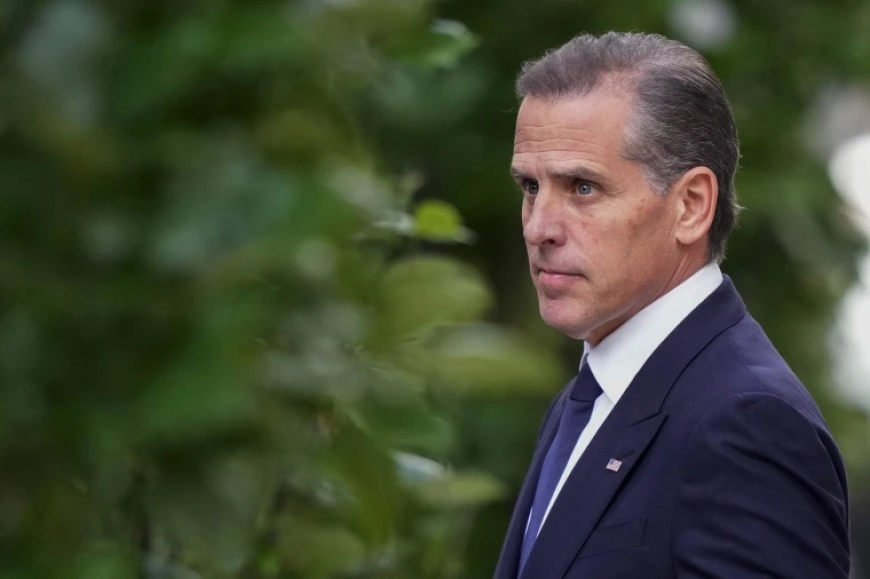Hunter Biden Trial Day 2: Prosecution and Defense Clash Over Addiction and Gun Purchase

The second day of Hunter Biden's trial saw intense exchanges as prosecutors and defense attorneys presented conflicting narratives about Biden's addiction and his 2018 handgun purchase.
Prosecution's Case
Special counsel lead prosecutor Derek Hines painted Hunter Biden as a high-functioning addict who lied on a government background check form, denying drug use while purchasing a handgun. Hines used Biden's own words, quoting from his 2021 memoir "Beautiful Things," to illustrate his drug habits. The prosecution's first witness, an FBI agent, explained how evidence was authenticated, including data from a laptop Biden abandoned at a Wilmington repair shop.
Hines emphasized Biden's erratic behavior, reading excerpts from his memoir where Biden described buying crack cocaine and his subsequent struggles. The prosecution aimed to prove that Biden was still using drugs during the critical week he owned the gun.
Defense's Counter-Narrative
Hunter Biden's attorney, Abbe Lowell, countered by portraying Biden as a man in recovery who was rushed into the firearm purchase. Lowell described the circumstances leading to the purchase, highlighting how a salesman "led" Biden to buy a Colt Cobra revolver and related items. Lowell argued that Biden’s decision to stow the truck containing the gun at a relative's home rather than a hotel demonstrated his attempt to be responsible.
Lowell contested the prosecution's timeline, focusing on whether Biden knowingly lied about his drug use on the background form. He suggested that Biden's texts about drug use were more reflective of a strained relationship with Hallie Biden, his brother's widow, than his actual actions.
Tensions in Court
Tensions flared outside the courtroom when Hunter’s wife, Melissa Cohen-Biden, confronted former Trump White House aide Garett Ziegler, calling him a "Nazi piece of s---." Ziegler has previously disseminated data from Hunter Biden’s laptop, which included evidence of his addiction.
Inside the courtroom, Judge Maryellen Noreika overruled several of Lowell's attempts to admit evidence that could challenge the prosecution's narrative. This included text messages and videos that the defense argued were irrelevant or unduly prejudicial.
Jurors and Witnesses
Jurors closely observed the proceedings, with some taking notes as the prosecution played excerpts from Biden’s memoir. The defense attempted to show inconsistencies in the prosecution's evidence, particularly regarding the timeline and the nature of Biden’s drug use.
During cross-examination, FBI agent Erika Jensen acknowledged that some of the prosecution's evidence was from months before the gun purchase. She also confirmed that Biden had made many liquor store purchases during the relevant period, leaving some ambiguity about the specifics of his substance use.
Personal Dynamics
Despite the serious nature of the trial, Hunter Biden appeared upbeat, interacting warmly with his wife during breaks. However, the evidence and testimonies regarding his addiction clearly weighed heavily on him and his family.
Key Takeaways from Day 2
- Prosecution's Strategy: Emphasize Biden's high-functioning addiction and use his own admissions to establish dishonesty on the gun purchase form.
- Defense's Strategy: Argue that Biden was rushed into the purchase and focus on discrediting the prosecution's timeline and interpretation of events.
- Courtroom Dynamics: High tensions both inside and outside the courtroom, with emotional exchanges and strategic legal maneuvers.
As the trial continues, the court will further examine the complexities of Biden's addiction and the circumstances surrounding his gun purchase, with both sides vying to sway the jury's perception of his actions and intentions.













































